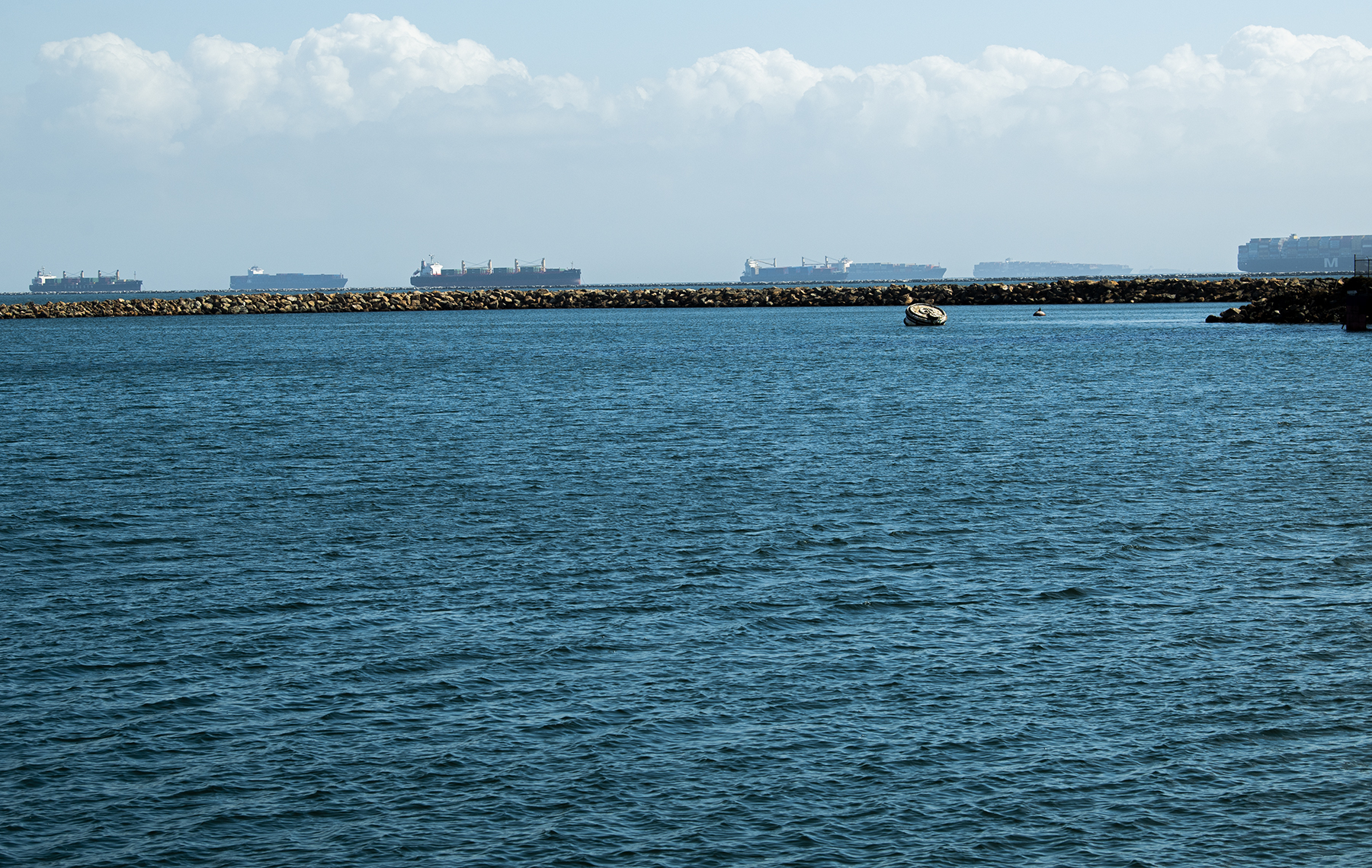
On Nov. 3, members of the California legislature will hear from representatives of the ports of Long Beach and Los Angeles, the California Retailers Association, labor advocates and at least one major railroad company in an effort to identify solutions to the current supply chain challenges that have left a record number of ships stuck at anchor for days at a time.
Assemblyman Patrick O’Donnell, who represents parts of Long Beach, Catalina Island and the San Pedro Bay ports, called the joint hearing of the state Assembly and state Senate’s committees on ports and goods movement. O’Donnell serves as chair of the assembly committee.
“We’re in crisis mode,” O’Donnell said in a phone interview. “There’s too many ships waiting out there and too many shelves empty.”
Both ports are assets of the state, O’Donnell noted, and as such it’s the state’s responsibility to participate in the current discussion around supply chain issues and contribute potential solutions, in concert with local and federal actors like President Joe Biden. The Biden administration recently announced the formation of a federal task force to tackle the issue.
“We need to take care of California, not rely on the federal government to do it,” O’Donnell said. “The state has a duty to ensure that the goods are getting in and out in an efficient manner.”
Identifying the tools the state has at its disposal to intervene and lend support to the various actors along the supply chain is the main objective of the hearing, according to O’Donnell. “We don’t know everything the state can do,” he said. But, O’Donnell projected, “a number of initiatives […] are forthcoming.”
Regulatory changes enacted by the Assembly and Senate, or an executive order by the governor—whose director of business and economic development, Dee Dee Myers, will also be in attendance—are among the options for state intervention, O’Donnell noted.
Since the beginning of the year, an increasing number of cargo ships have been left idling at anchor off the ports of Long Beach and LA.
There are myriad reasons for the delayed processing of ships at the port, with a lack of container chassis, storage space and warehouse capacity cited among the most common concerns. Currently, there are 100 ships at anchor, awaiting berths at the twin ports, according to the Marine Exchange of Southern California.
“I grew up here—I’ve never seen this many ships moored off the coast of California,” O’Donnell said. “We know the problem, what we need to do is discuss the solutions.”
